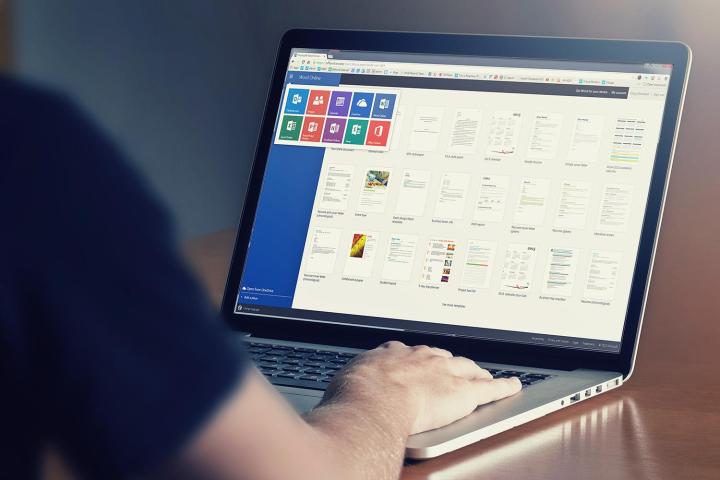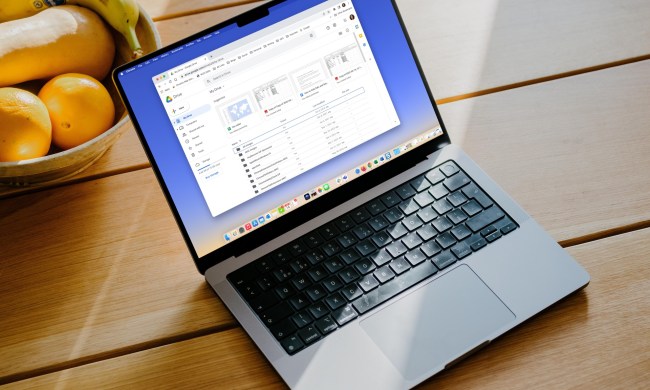
When support for Android apps was added to Chromebook laptops, the likes of Excel, Word, and PowerPoint became compatible with the hardware via Office Mobile.
The software, however, wasn’t available for the full complement of Chromebooks on the market. Microsoft did release a statement confirming that it was collaborating with Google to ensure that the Office experience was as good as it possible could be on Chrome OS, but it’s take some time for this partnership to bear fruit.
As of today, the Office suite is available via the Play Store for a wide range of Chromebooks, even though Microsoft is yet to issue an official statement regarding its availability. The Samsung Chromebook Pro, Pixelbook, two models of the Acer Chromebook 15, and the Acer C771 can all download the software, according to a report from Chrome Unboxed.
Chromebooks have emerged as a compelling, cost-effective alternative to Windows laptops in recent years, and they’re especially capable now that they support Windows apps. The fact that these systems now possess official support for Office will make them even more attractive, especially for use in an educational setting, or in the workplace.
There was a time when Microsoft prioritized the Windows version of Office over all others, as anyone who used early Mac versions of the software will be able to attest to. Now, the company’s strategy is very different, making the suite available across a wide range of devices, and even in-browser.
The fact is that the likes of Excel, Word, and PowerPoint are no longer unmatched. Google’s range of competing apps perform much of the same functionality, and they’re completely free to use.
This means that Office has to do more in order to warrant a monthly subscription. Being available on every single device that a user might want to install it on is merely table stakes, especially given that Chrome OS is home turf for Google.


